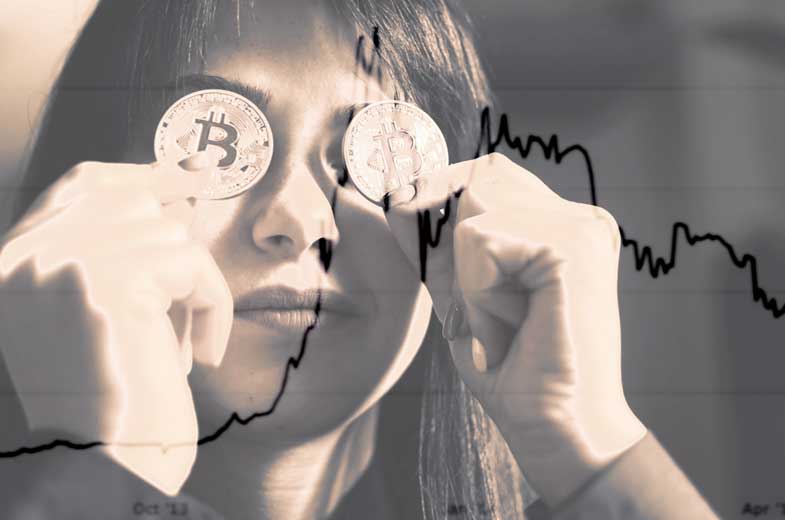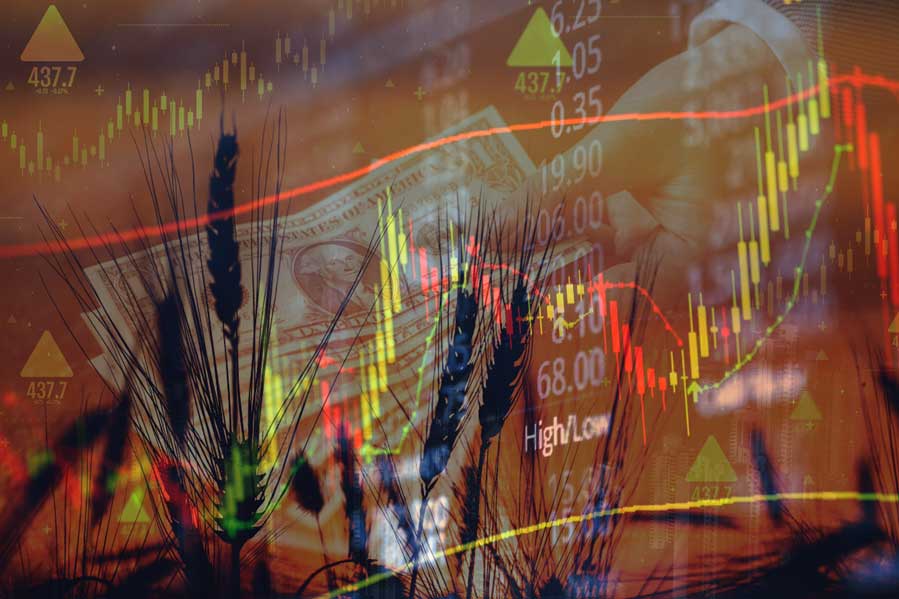Futures trading presents a vibrant yet risky avenue for traders to leverage market movements for potential gains. At the core of successfully navigating the futures markets lies effective risk management. Trading futures involves speculating on the price of commodities, currencies, indices, or financial instruments at a future date, and the inherent leverage amplifies both potential returns and risks. In this context, futures trading risk management becomes an essential discipline, incorporating a variety of techniques designed to mitigate losses and protect capital. These techniques include position sizing, stop-loss orders, diversification, hedging, and utilizing options on futures, among others.

Understanding Futures Trading Risk
Before delving into risk management techniques, it’s crucial to understand the specific risks associated with trading futures. These risks can be broadly categorized into market risk, liquidity risk, leverage risk, and operational risk. Market risk pertains to the volatility and unpredictability of market prices. Liquidity risk involves the difficulty of entering or exiting positions without significantly affecting the market price. Leverage risk amplifies both gains and losses, potentially leading to significant losses or margin calls. Operational risk refers to the risk of loss resulting from inadequate or failed internal processes, people, systems, or external events.
Position Sizing
Position sizing is the first line of defense in futures trading risk management. It involves determining the appropriate amount of capital to allocate to a single trade based on the trader’s risk tolerance and total capital. A common rule is not to risk more than 1% to 2% of the total trading capital on a single trade. This strategy ensures that a series of losses won’t deplete the trader’s capital, allowing the trader to continue trading and potentially recover from previous losses.
Stop-Loss Orders
A stop-loss order is an essential risk management tool that automatically closes a position at a predetermined price to limit potential losses. By setting stop-loss orders, traders can define their risk threshold in advance, protecting themselves against market gapping and significant unexpected market movements. However, it’s important to set stop-loss levels at a price that allows for the natural market volatility to avoid premature exits.
Diversification
Diversification involves spreading investments across various asset classes or market sectors to reduce exposure to any single risk factor. In futures trading, this might mean trading a mix of commodities, currencies, and financial instruments rather than concentrating on a single market. Diversification can help mitigate the impact of adverse market movements in any one asset class, potentially reducing overall portfolio volatility and risk.
Hedging
Hedging is a strategy used to offset potential losses in one position by taking another position in a related asset. For example, a trader holding a long position in crude oil futures might take a short position in gasoline futures to hedge against a fall in oil prices. Hedging can be a complex strategy that requires an in-depth understanding of the market and the relationship between different assets.
Utilizing Options on Futures
Options on futures add an additional layer of flexibility and risk management for futures traders. An option on a futures contract gives the purchaser the right, but not the obligation, to buy or sell a specific futures contract at a predetermined price on or before a certain date. There are two types of options: calls (which give the right to buy) and puts (which give the right to sell).
Options can serve as powerful risk management tools in several ways:
- Hedging: Similar to the hedging with futures, traders can use options to hedge existing futures positions against adverse price movements.
- Limited Risk: Buying options allows traders to participate in the futures market with known and limited risk. The most the option buyer can lose is the premium paid for the option.
- Strategic Flexibility: Options provide traders with the ability to structure trades that profit from a range of market outcomes, including sideways markets, through strategies like spreads, straddles, and strangles.
Continuous Education and Scenario Analysis
Beyond these techniques, continuous education and scenario analysis play crucial roles in futures trading risk management. Keeping abreast of market trends, economic indicators, and geopolitical events can help traders anticipate market movements and adjust their strategies accordingly. Scenario analysis, including stress testing portfolios against extreme market conditions, can help traders understand potential vulnerabilities and prepare for unlikely but possible market events.
Effective risk management is indispensable in futures trading, a field characterized by high leverage and volatility. By employing a comprehensive risk management strategy that includes position sizing, stop-loss orders, diversification, hedging, and the strategic use of options on futures, traders can navigate the complexities of the futures market. This not only helps in preserving capital but also in seizing trading opportunities with a calculated approach to risk. As each trader’s risk tolerance and trading style are unique, it’s crucial to tailor risk management techniques to fit individual needs and objectives, continuously refining strategies in response to market changes and personal experience.
Ready to start trading futures? Call US 1(800)454-9572 – Int’l (310)859-9572 email info@cannontrading.com and speak to one of our experienced, Series-3 licensed futures brokers and start your futures trading journey with E-Futures.com today.
Disclaimer
– Trading Futures, Options on Futures, and retail off-exchange foreign currency transactions involves substantial risk of loss and is not suitable for all investors. Past performance is not indicative of future results. You should carefully consider whether trading is suitable for you in light of your circumstances, knowledge, and financial resources. You may lose all or more of your initial investment. Opinions, market data, and recommendations are subject to change at any time.
**This article has been generated with the help of AI Technology. It has been modified from the original draft for accuracy and compliance.
***@cannontrading on all socials.









